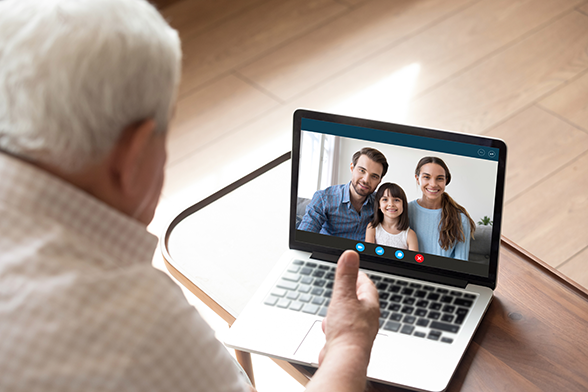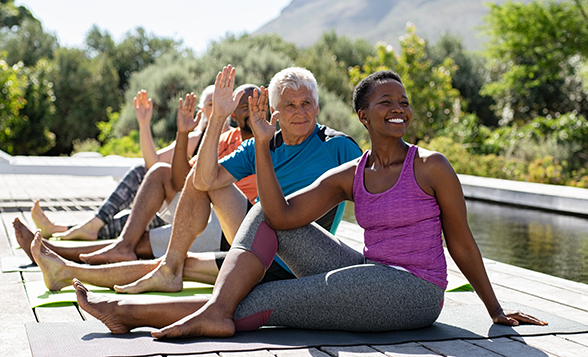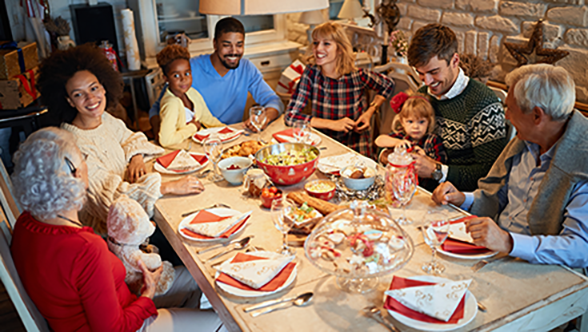Tips to Alleviate Social Isolation

The past two years of the COVID-19 pandemic have led to a surge of social isolation and loneliness, especially among older adults.
Before the pandemic, one in three adults over 50 lacked regular companionship. Since the pandemic, social isolation, depression, and anxiety have worsened, with a study finding 73% of older adults reported feelings of loneliness.
Social connections are essential to maintain good mental and physical health and well-being. Reduced face-to-face interactions significantly impact those missing family members and friends.
Loneliness Affects Health
Socially isolated adults suffer higher mortality rates and premature death than those with a more robust social network. Chronic loneliness can affect health. Some physical effects of loneliness may include:
- Poorer sleep
- Increased risk of cardiovascular disease and stroke
- Cognitive decline
- Depression and anxiety
- Impairs immune function
- Reduce the quality of life
- Increased risk of hospitalization
- Damage to physical and mental health
But there is hope! Many senior centers reopened, and church and community activities are resuming. Here are a few ways to help alleviate social isolation:
- Many older adults are enjoying technology for the first time. Using FaceTime, social media, and video chats can keep older adults less isolated.
- Spend time outdoors, whether walking with friends or your pets. Talk to a neighbor! Getting fresh air can be a big mood booster.
- Re-start an old hobby or learn something new. It’s never too late to learn a new language, play a musical instrument, or develop new skills.
- Think about adopting a pet. Many shelters can help you choose the right one for your ability and lifestyle. Animals can be a great source of comfort and companionship!
- Local senior centers, libraries, and faith-based organizations offer activities and volunteer opportunities.
Benefits of Congregate Dining
Socialization is critical for adults at every stage, and mealtime can be the best (and easiest) time to be engaged. So whether it’s a regular lunch hour or a special occasion, supporting congregate dining with nutritious meals helps foster meaningful moments and relationships that older adults need to remain healthy – and happy.
Home-Delivered Meals
Several Medicare Advantage and Medicaid health plans may offer a home-delivered meal benefit to their members. Those receiving home-delivered meals showed improved nutrient intake and quality of life. GA Foods has a care delivery team that can enter the members’ homes and place the meals in the freezer. These specially trained team members do a basic safety assessment and notify the case manager of any concerns.
Care for Your Members
As a case manager, you dedicate your time to supporting your members. Often, you are the only point of contact an isolated older adult may have. Your patience, advice, and kindness are invaluable. And we appreciate you!
Download our guide to learn more about selecting a home-delivered meal provider for your members.

Bushra Davila is the Vice President of Clinical Program and Product Development at GA Foods. She is a registered dietitian and an expert in nutrition education, program development, and product brand management. Her work focuses on diet and nutrition, digestive health, and food as medicine principles. Bushra earned a Bachelor of Science (BS) in Dietetics and Nutrition from Northern Illinois University and a Masters in Business Administration from Dominican University.

